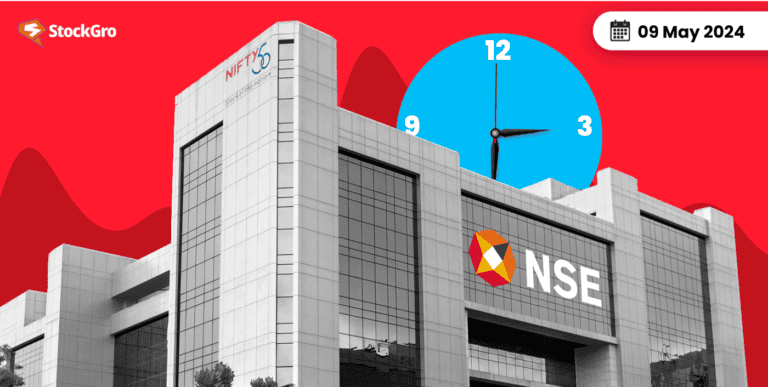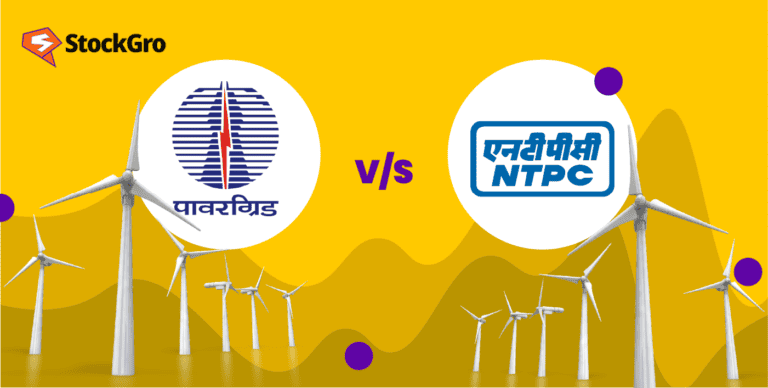
Companies going public through an initial public offering (IPO) is always a significant milestone, and JNK India Private Limited recently accomplished this feat. This industrial manufacturing company, specialising in process-fired heaters, has finally decided to open its doors to public investors by listing on the stock exchanges.
The IPO price range was set at ₹395-415 per share, reflecting the company’s valuation and growth prospects. However, the true excitement unfolded when JNK India’s shares hit the trading floor.
This article dives into the details of the JNK India listing, current financial position, and investment prospects.
You may also like: Understanding IPO valuation through relative and absolute methods
About JNK India Pvt Ltd.
Established in 2010, JNK India Limited is involved in the process-fired heater, reformer, and cracking furnace industries via development, manufacturing, supply, setup, and commissioning.
In the 1980s, the Korean corporation Daelim Engineering Limited, a leading EPC (Engineering, procurement and construction) contractor, joined the market for fired heaters and furnaces, marking the beginning of the company’s existence. In 1998, the organisation decided to go out on its own as JNK Heaters Pvt. Ltd. after quickly becoming a worldwide market force because of its unique designs and outstanding commercial services.
Recently, JNK Renewable Energy Pvt. Ltd., a fully owned subsidiary, was formed to perform green EPC projects in the solar and related industries. The company was founded with the fundamental goals of safe environmental standards and business competence.
IPO listing: JNK share price analysis
The JNK India IPO listing date was set for April 30, as investors in the offering are aware. The JNK India initial public offering began on Tuesday, April 23, and ended on Thursday, April 25. The JNK India IPO price range was established at ₹395-415 per share, with a face value of ₹2.
Outstanding JNK India results were reflected in the share price debut on the stock exchanges. The opening share price of JNK India on the NSE was ₹621, which is 49.63% more than the issue price of ₹415.
According to market analysts, JNK India’s share price was expected to start between ₹500 and ₹520 per share.
JNK India’s initial public offering had a positive subscription rate. Not only did qualified institutional buyers (QIBs) and non-institutional investors (NIIs) respond enthusiastically to the JNK India IPO, but retail investors also showed substantial interest.
The JNK India IPO subscription status reached 28.13 times on the previous day. The retail component had 23,26 subscriptions, while the non-institutional investor segment had 4,11 subscriptions. A total of 75.72 QIB quotas were filled.
You may also like: Understanding the difference between equity and debt IPO for the right investment
Current financials
| Metric | Value (as of May 1, 2024) |
| Market cap (₹ Cr.) | 3,863 |
| Net profit (₹ Cr.) | 46.6 |
| EPS (₹) | 48.6 |
| ROE | 47.9 % |
| Stock PE | 83.0 |
Shareholding pattern of JNK India
| Promoters | 67.96% |
| Foreign Institutional Investors (FIIs) | 4.61% |
| Domestic Institutional Investors (DIIs) | 8.63% |
| Public | 18.79% |
Competitors of JNK India
| P/E | Market cap(₹ crores) | ROE (%) | Net profit last quarter (₹ crores) | |
| Thermax | 101.99 | 55641.23 | 12.31 | 237.06 |
| Action Construction Equipment Ltd | 65.33 | 18086.36 | 18.78 | 88.24 |
| Jupiter Wagons | 62.52 | 16840.13 | 16.77 | 83.40 |
You may also like: What sets an SME IPO apart from a regular IPO?
Investing in JNK India
Pros
- Solid footing in the market and expanding business reach:
The promoters have a deep awareness of market dynamics thanks to their decades of expertise in the fire heater sector. They have built an EPC business that is technologically competitive. With the backing of JNK Heater Co., this has allowed the company to further create long-standing connections with all of its suppliers.
By fiscal year 2024, revenues had risen to almost ₹440 crore. As of February 29, 2024, the company’s solid unexecuted order book was at ₹761 crore, which could further boost revenues.
- Existing customers from diverse end-use industries:
The partnerships between JIPL and its suppliers and customers are particularly long-lasting. It serves a wide variety of industries. Prominent companies like TATA Projects Ltd., Indian Oil Corporation Limited (IOCL), and others are among its clients.
Additionally, the business’s connection to the export market has been increasing consistently over the last few financial years, expanding its reach in that sector. Having a diverse and well-respected customer base helps it stay afloat in the event of a downturn in a certain sector or client.
- Strong financial standing:
Based on their estimated net worth, the organisation seems to be in a solid financial position. The constant addition of reserves has been helping the capital structure improve, even if the working capital demand is supported by a strong dependence on external loans and creditors.
As a result of its robust profitability and leverage, JNK India has also maintained an acceptable level of debt protection.
Cons
- Operational margin risk from cost and tender variability:
For the EPC business, which is only focused on tenders, scaling the top line and sustaining profitability will be greatly impacted by bid success and the subsequent execution of tenders.
From the previous four fiscal years up to fiscal 2024, operating margins have typically been between 17 and 18.6%. The maintenance of satisfactory operating margins and the size of operations will also be important metrics to monitor.
- Highly capital-intensive operations:
The company requires a substantial amount of operational capital. In the future, taking out loans, increasing their capital, or providing bank guarantees or performance bank guarantees would negatively impact their operations, cash flows, and company growth.
Supply and demand for raw materials may also affect the company’s bottom line, operational results, financial health, and cash flow.
Conclusion
JNK India Private Limited’s recent IPO listing represents a significant milestone in the company’s journey. While the initial euphoria surrounding a stock market listing is natural, JNK India must now focus on delivering on its growth plans and addressing challenges such as cost pressures, capital requirements, and competition.

